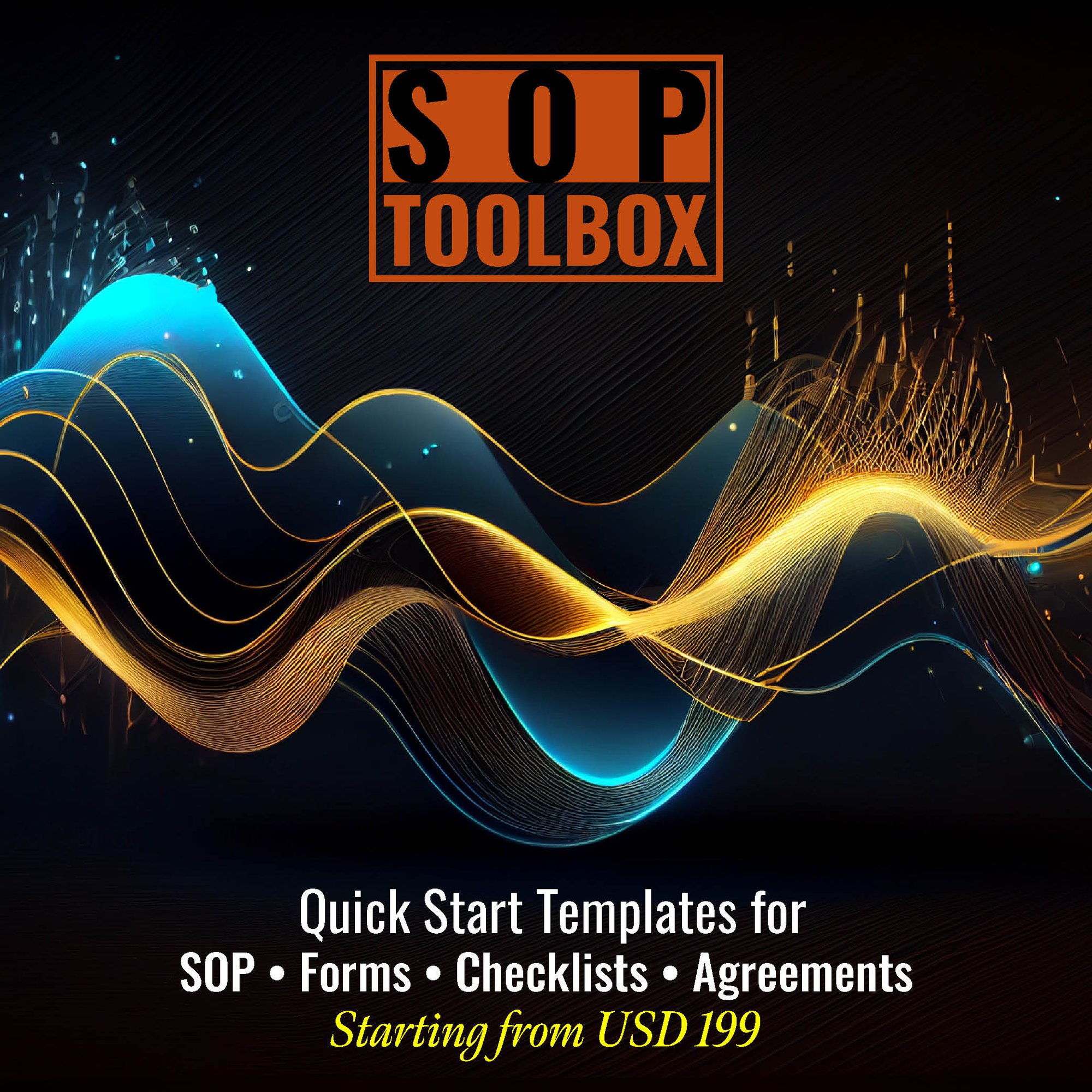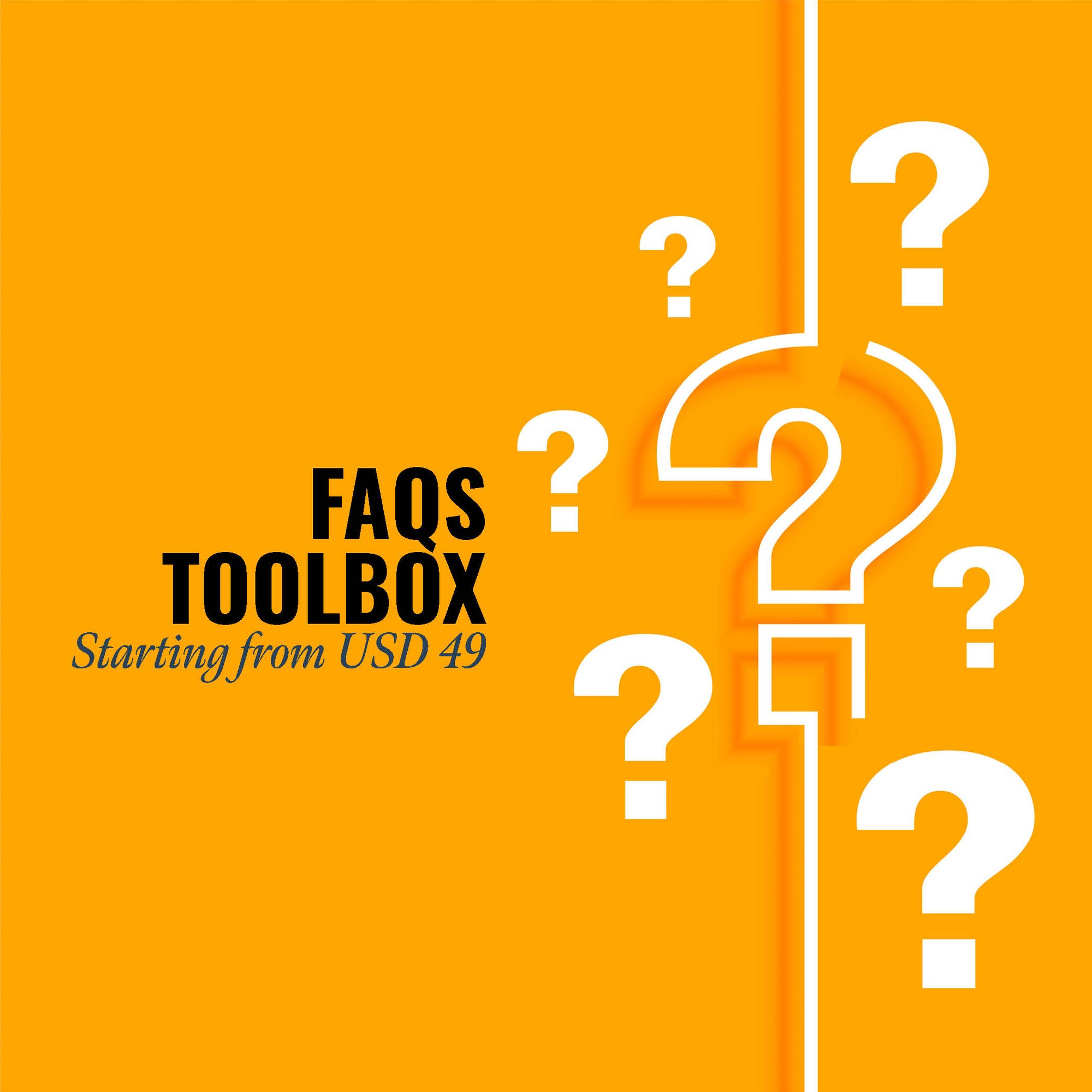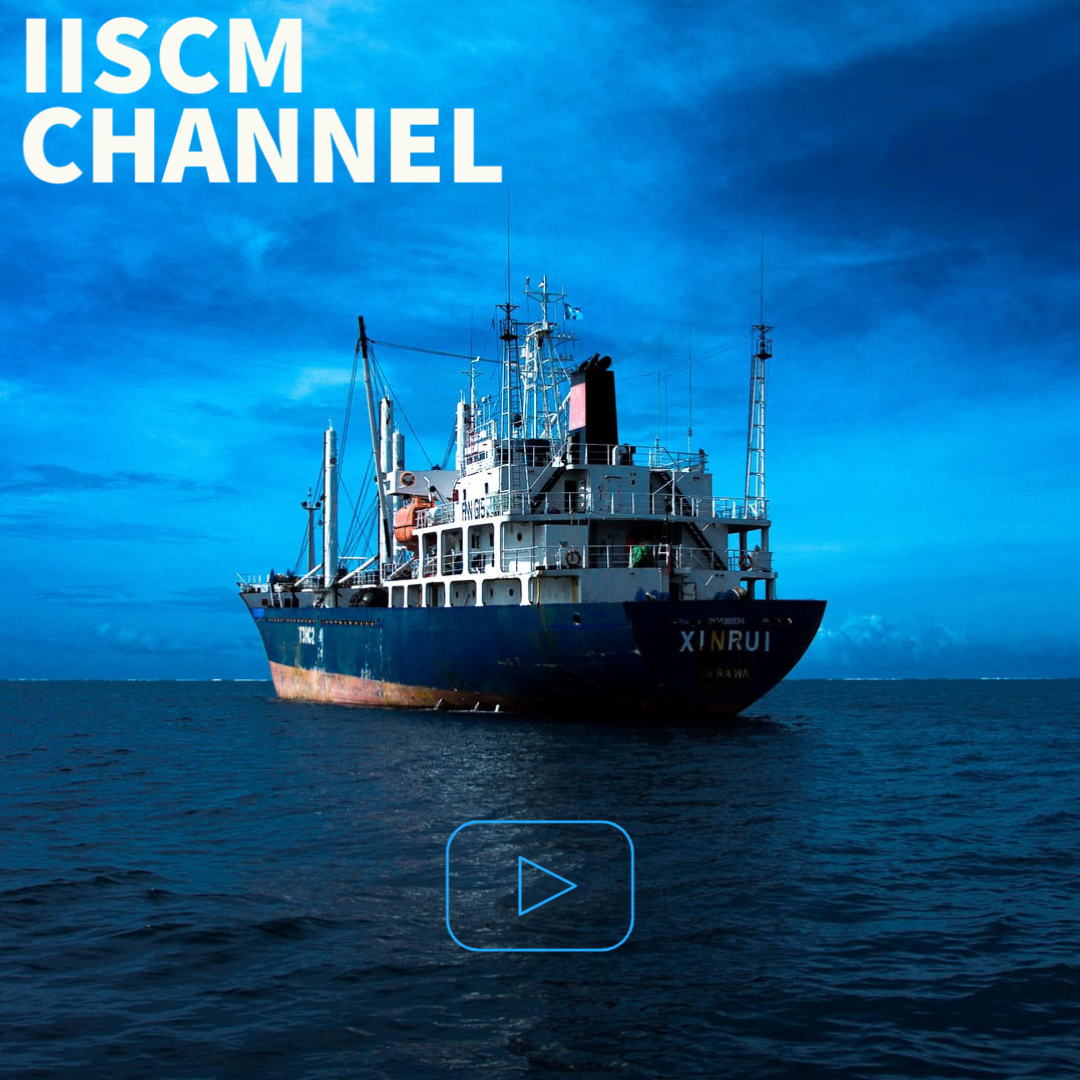The Telecommunications department in a multinational organization manages critical communication networks and services essential for global connectivity. It oversees the planning, implementation, and maintenance of voice, data, and video networks, ensuring reliable and secure communication across diverse geographical locations. This department plays a pivotal role in supporting internal collaboration, customer interactions, and operational efficiency by integrating advanced technologies, optimizing network performance, and adhering to regulatory requirements to meet organizational communication needs effectively.
Standard Operating Procedures (SOPs) are pivotal in transforming the Telecommunications department of a multinational organization by providing structured guidelines and processes for every aspect of network management and communication services. Firstly, SOPs ensure consistency and standardization in network planning, design, implementation, and maintenance across global locations, reducing errors and enhancing reliability.
Secondly, SOPs streamline operational workflows, including network monitoring, performance optimization, and troubleshooting, thereby minimizing downtime and improving service delivery. They also facilitate efficient resource allocation and budget management by defining clear procurement protocols and vendor management practices.
Moreover, SOPs support compliance with regulatory frameworks and industry standards, ensuring data security and privacy across communication channels. They promote continuous improvement by incorporating feedback loops, periodic reviews, and updates to adapt to technological advancements and organizational needs.
Ultimately, SOPs empower Telecommunications departments to operate more efficiently, manage risks effectively, and foster innovation in adopting emerging technologies, thereby enhancing overall business productivity and customer satisfaction.
TOP 100 STANDARD OPERATING PROCEDURES FOR TELECOMMUNICATIONS DEPARTMENT
- DSOP-168-001: Standard Operating Procedure for Network Planning
- DSOP-168-002: Standard Operating Procedure for Network Design
- DSOP-168-003: Standard Operating Procedure for Network Installation
- DSOP-168-004: Standard Operating Procedure for Network Configuration
- DSOP-168-005: Standard Operating Procedure for Network Optimization
- DSOP-168-006: Standard Operating Procedure for Network Monitoring
- DSOP-168-007: Standard Operating Procedure for Network Performance Management
- DSOP-168-008: Standard Operating Procedure for Network Security
- DSOP-168-009: Standard Operating Procedure for Voice Network Management
- DSOP-168-010: Standard Operating Procedure for Data Network Management
- DSOP-168-011: Standard Operating Procedure for Video Network Management
- DSOP-168-012: Standard Operating Procedure for Wireless Network Management
- DSOP-168-013: Standard Operating Procedure for Telephony System Management
- DSOP-168-014: Standard Operating Procedure for IP Telephony Management
- DSOP-168-015: Standard Operating Procedure for Unified Communications Management
- DSOP-168-016: Standard Operating Procedure for PBX Management
- DSOP-168-017: Standard Operating Procedure for VoIP Management
- DSOP-168-018: Standard Operating Procedure for Mobile Device Management
- DSOP-168-019: Standard Operating Procedure for Radio Frequency (RF) Management
- DSOP-168-020: Standard Operating Procedure for Satellite Communications Management
- DSOP-168-021: Standard Operating Procedure for Microwave Communications Management
- DSOP-168-022: Standard Operating Procedure for Fiber Optic Network Management
- DSOP-168-023: Standard Operating Procedure for Network Capacity Planning
- DSOP-168-024: Standard Operating Procedure for Network Traffic Analysis
- DSOP-168-025: Standard Operating Procedure for Network Protocol Management
- DSOP-168-026: Standard Operating Procedure for Network Disaster Recovery
- DSOP-168-027: Standard Operating Procedure for Network Documentation Management
- DSOP-168-028: Standard Operating Procedure for Network Change Management
- DSOP-168-029: Standard Operating Procedure for Network Upgrades
- DSOP-168-030: Standard Operating Procedure for Network Expansion Projects
- DSOP-168-031: Standard Operating Procedure for Network Connectivity Management
- DSOP-168-032: Standard Operating Procedure for Network Reliability Testing
- DSOP-168-033: Standard Operating Procedure for Network Troubleshooting
- DSOP-168-034: Standard Operating Procedure for Network Incident Management
- DSOP-168-035: Standard Operating Procedure for Network Service Level Agreement (SLA) Management
- DSOP-168-036: Standard Operating Procedure for Network Performance Testing
- DSOP-168-037: Standard Operating Procedure for Network Inventory Management
- DSOP-168-038: Standard Operating Procedure for Network Equipment Lifecycle Management
- DSOP-168-039: Standard Operating Procedure for Network Vendor Management
- DSOP-168-040: Standard Operating Procedure for Network Procurement
- DSOP-168-041: Standard Operating Procedure for Network Contract Management
- DSOP-168-042: Standard Operating Procedure for Network Budget Management
- DSOP-168-043: Standard Operating Procedure for Network Cost Optimization
- DSOP-168-044: Standard Operating Procedure for Network Billing Management
- DSOP-168-045: Standard Operating Procedure for Network Service Provisioning
- DSOP-168-046: Standard Operating Procedure for Network Service Decommissioning
- DSOP-168-047: Standard Operating Procedure for Network Service Activation
- DSOP-168-048: Standard Operating Procedure for Network Service Restoration
- DSOP-168-049: Standard Operating Procedure for Network Service Validation
- DSOP-168-050: Standard Operating Procedure for Network Service Reporting
- DSOP-168-051: Standard Operating Procedure for Network Service Quality Management
- DSOP-168-052: Standard Operating Procedure for Network Service Continuity Planning
- DSOP-168-053: Standard Operating Procedure for Network Service Improvement Initiatives
- DSOP-168-054: Standard Operating Procedure for Network Service Monitoring Tools Use
- DSOP-168-055: Standard Operating Procedure for Network Service Desk Operations
- DSOP-168-056: Standard Operating Procedure for Network Service Request Management
- DSOP-168-057: Standard Operating Procedure for Network Service Training and Development
- DSOP-168-058: Standard Operating Procedure for Network Service Performance Metrics
- DSOP-168-059: Standard Operating Procedure for Network Service Feedback Handling
- DSOP-168-060: Standard Operating Procedure for Network Service Audit Preparation
- DSOP-168-061: Standard Operating Procedure for Network Service Compliance
- DSOP-168-062: Standard Operating Procedure for Network Service Regulations Adherence
- DSOP-168-063: Standard Operating Procedure for Network Service Legal Compliance
- DSOP-168-064: Standard Operating Procedure for Network Service Policy Development
- DSOP-168-065: Standard Operating Procedure for Network Service Strategy Planning
- DSOP-168-066: Standard Operating Procedure for Network Service Project Management
- DSOP-168-067: Standard Operating Procedure for Network Service Vendor Selection
- DSOP-168-068: Standard Operating Procedure for Network Service Stakeholder Communication
- DSOP-168-069: Standard Operating Procedure for Network Service Change Control
- DSOP-168-070: Standard Operating Procedure for Network Service Incident Reporting
- DSOP-168-071: Standard Operating Procedure for Network Service Performance Review
- DSOP-168-072: Standard Operating Procedure for Network Service Improvement Plans
- DSOP-168-073: Standard Operating Procedure for Network Service Customer Support
- DSOP-168-074: Standard Operating Procedure for Network Service User Training
- DSOP-168-075: Standard Operating Procedure for Network Service Knowledge Management
- DSOP-168-076: Standard Operating Procedure for Network Service Compliance Audits
- DSOP-168-077: Standard Operating Procedure for Network Service Risk Management
- DSOP-168-078: Standard Operating Procedure for Network Service Security Management
- DSOP-168-079: Standard Operating Procedure for Network Service Performance Optimization
- DSOP-168-080: Standard Operating Procedure for Network Service Integration
- DSOP-168-081: Standard Operating Procedure for Network Service Scalability Planning
- DSOP-168-082: Standard Operating Procedure for Network Service Resilience Testing
- DSOP-168-083: Standard Operating Procedure for Network Service Reliability Enhancement
- DSOP-168-084: Standard Operating Procedure for Network Service Capacity Management
- DSOP-168-085: Standard Operating Procedure for Network Service Technology Upgrades
- DSOP-168-086: Standard Operating Procedure for Network Service Innovation Initiatives
- DSOP-168-087: Standard Operating Procedure for Network Service Lifecycle Planning
- DSOP-168-088: Standard Operating Procedure for Network Service Sustainability Strategies
- DSOP-168-089: Standard Operating Procedure for Network Service Continuity Plans
- DSOP-168-090: Standard Operating Procedure for Network Service Incident Response
- DSOP-168-091: Standard Operating Procedure for Network Service Business Continuity
- DSOP-168-092: Standard Operating Procedure for Network Service Capacity Planning
- DSOP-168-093: Standard Operating Procedure for Network Service Efficiency Improvement
- DSOP-168-094: Standard Operating Procedure for Network Service Cost Reduction
- DSOP-168-095: Standard Operating Procedure for Network Service Performance Benchmarking
- DSOP-168-096: Standard Operating Procedure for Network Service Vendor Performance Evaluation
- DSOP-168-097: Standard Operating Procedure for Network Service Strategy Alignment
- DSOP-168-098: Standard Operating Procedure for Network Service Change Implementation
- DSOP-168-099: Standard Operating Procedure for Network Service Incident Resolution
- DSOP-168-100: Standard Operating Procedure for Network Service Continuous Improvement
This article is Uploaded by: Priyanka, and Audited by: Premakani.
The above list of SOPs is beneficial for the following activities. Standard operating procedures, SOP consulting, SOP services, Business process optimization, Operational efficiency, Process improvement, SOP development, SOP documentation, SOP implementation, Business process management, Process documentation, Procedure writing, Quality management systems, Compliance management, Workflow automation, Process standardization, Operational excellence, Business continuity planning, Risk management, SOP consulting services, SOP experts, Operational consulting, Process mapping, SOP training, SOP manuals, Process engineering, Business optimization, Procedure manuals, SOP templates, Efficiency consulting, SOP audit, Continuous improvement, Lean processes, Six Sigma, Process reengineering, SOP creation, Policy development, Procedure standardization, Business efficiency, Compliance solutions, SOP frameworks, Process guidelines, Operational standards, SOP compliance, Workflow efficiency, SOP best practices, Process control, Quality assurance, SOP systems, Operational audits, SOP support, Business improvement, SOP reviews, Process benchmarking, SOP analysis, Performance improvement, SOP maintenance, SOP optimization, Operational performance, SOP assessments, SOP planning, Process effectiveness, SOP projects, Operational risk, SOP tools, Business process reviews, SOP updates, SOP monitoring, Process compliance, Procedure audits, Business process audits, SOP strategies, SOP management, SOP solutions, Procedure optimization, Business standards, Operational procedures, SOP software, Quality procedures, Process audits, Procedure development, SOP workshops, Operational processes, Process manuals, Business procedure services, SOP for small businesses, Corporate SOPs, Standard operating procedure examples, SOP for startups, Industry-specific SOPs, SOP for manufacturing, Healthcare SOPs, SOP for retail, SOP for logistics, SOP for hospitality, SOP for education, SOP for finance, SOP for IT, SOP for marketing, SOP for HR, SOP for sales, SOP for customer service, SOP for procurement, SOP for supply chain, SOP for research and development, SOP for new product development, SOP for quality control, SOP for safety, SOP for environmental management, SOP for project management, SOP for construction, SOP for energy, SOP for telecommunications, SOP for pharmaceuticals, SOP for agriculture, SOP for food and beverage, SOP for automotive, SOP for aerospace, SOP for defens, SOP for healthcare providers, SOP for hospitals, SOP for clinics, SOP for insurance, SOP for legal firms, SOP for non-profits, SOP for government, SOP for NGOs, SOP for educational institutions, SOP for universities, SOP for schools, SOP for research institutions, SOP for laboratories, SOP for media, SOP for entertainment, SOP for tourism, SOP for real estate, SOP for facilities management, SOP for transportation, SOP for utilities, SOP for mining, SOP for chemical industry, SOP for textiles, SOP for fashion, SOP for electronics, SOP for consumer goods, SOP for retail stores, SOP for wholesale, SOP for e-commerce.
Your purchase includes 20 SOP Templates. Please note, checklists and forms recommended in the SOP Templates are not included. To access all 100 SOP Templates listed above, please select a quantity of FIVE. Our Customer Support team will contact you within one business day to gather your requirements. In the meantime, if you have already purchased the SOP Templates, kindly complete the SOP ToolBox Information Sheet.
For more information or SOP Plans please visit SOP ToolBox.
















